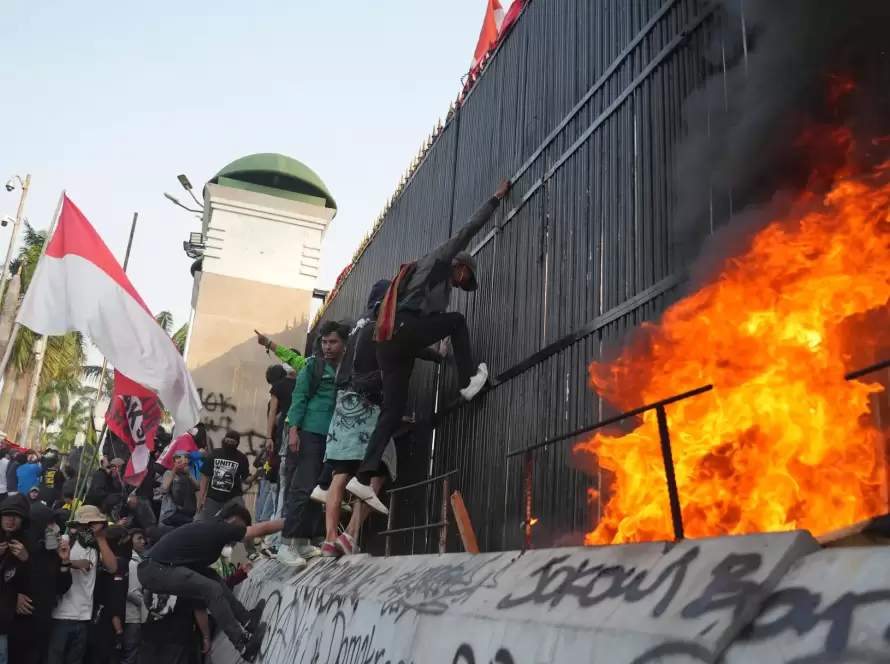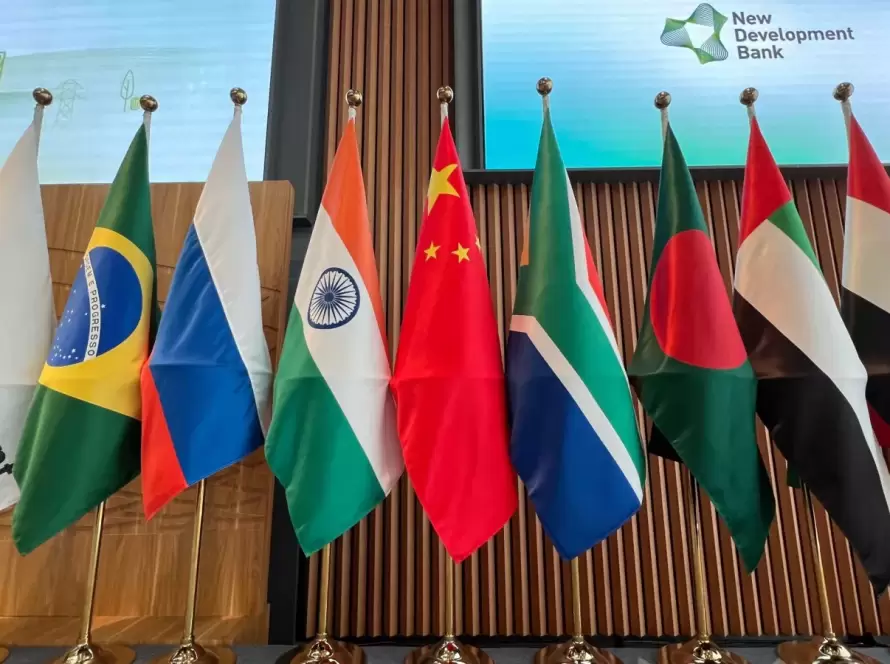By Nilanthan Niruthan
The unexpected and tragic death of Ebrahim Raisi reveals the true brutality of geopolitics. While basic compassion dictates that we mourn the loss of human life first, almost all the media coverage on his death has focused instead on the political ramifications of the tragedy.
Although unfortunate, this is also inevitable. Iran is currently a hotspot of tension and an event like this forces us to look past the human tragedy and seek answers for the larger questions which pop up.
According to the Iranian Constitution, elections which were due next year will now have to be conducted within 50 days, and State media reported shortly after Raisi’s demise that they will take place on June 28.
For a basic overview, three major points need to be assessed – (i) the local ramifications, (ii) the regional ramifications and (iii) the international ramifications.
It is safe to assume that the biggest impact will be on the local level. The actual executive power in Iran lies with the Supreme Leader, not the President. However, Raisi was deeply trusted by the establishment, and some had even speculated in the past that he would take over as Supreme Leader from Ayatollah Ali Khamenei someday.
Locally, the major consequence so far is a potential succession crisis, which already seems to be brewing. Some want Khamenei’s son Mojtaba to become the new President, while others argue that it would be viewed as nepotism.
If this crisis deepens, the power vacuum in itself would lead to additional complications. One must not forget either, that the Foreign Minister of Iran also passed away in the tragic accident, which creates two succession crises in the country, not just one.
With that being said, however, it could be argued that the regional and international equations will not change as much as one might fear. Iran typically acts on ideological grounds and does not have a reputation for policy oscillations based on the fickle whims of its leaders. As such, its mode of engagement is unlikely to change even with a new President and Foreign Minister.
The Iran-Saudi power dynamic for instance, is much bigger than a presidential post. As the de fact power houses of the Shia and Sunni worlds respectively, they have entrenched positions on most key issues. The Saudis were among the first who offered to aid in search and rescue efforts in the initial stages of the crash, when the President’s fate was still unclear.
On May 25, Iran’s Interim President Mohammad Mokhber and Saudi Arabia’s Crown Prince Mohammed bin Salman, reaffirmed their commitment to expand bilateral ties between the two nations. As long as both Saudi Arabian and Iranian leaders are mutually committed to heal their fractured ties, a power vacuum is unlikely to change things.
Nor is their dynamic with Israel likely to change, especially given the escalation of military tensions last month. While it still seems unlikely that an all-out military conflict will break out between the two (things have cooled off since the initial exchange), the equation itself does not change.
Israel is still firm in its conviction that Iran trains proxy actors to kill Israelis and that Iran even played a significant role in the October 7 attacks. Iran is firm in its conviction that Israel is a genocidal State and Tehran has publicly rejected a two state solution, denying Israel’s right to exist.
Another key relationship – the Syrian connection – is not likely to change either. Ever since the 1979 Islamic Revolution in Iran, the friendship between Syria and Iran has been a significant one. This relationship was further strengthened amidst the chaos of the Syrian Civil War, which erupted in 2011.
Tehran was one of the firmest backers of President Assad at a time when he desperately needed allies, providing political, military, and economic support to the Syrian government. Considering the strategic and demographic interests of Iran in the region, Syria will continue to be a strong ally for the foreseeable future, with or without Raisi.
Internationally, the ripple effect is likely to be even more subdued. The US expressed its condolences and little else, as expected. Washington and Tehran have not had formal diplomatic connections since 1980, with renewed tensions over Iran’s nuclear aspirations and opposition to Israel.
While President Biden has certainly been far more receptive of a nuclear deal with Iran than President Trump, there is still a sense in Washington that Iran needs to be treated as suspiciously as possible. And if Iran does militarize its civilian nuclear resources, one can be sure that the US will be among the first to mobilize against such a move.
Iran’s stable friendship with the two other geopolitical giants of the world – Russia and China – will remain steady in all likelihood. Both nations were quick to express their sadness over the loss of Raisi and to assure Iran that their ties with Tehran will remain strong. Amidst talk of an unofficial alliance between Tehran, Moscow, and Beijing, the current diplomatic trajectory of the three nations will, in all likelihood, remain the same.
Lastly, the budding giant of world politics – India – was also among the first to affirm solidary with Iran during this time of tragedy.
India is one of the few nations in the world to have very friendly relations with both Saudi Arabia and Iran, given that India has large populations of both Sunni and Shia Muslims. Prime Minister Narendra Modi publicly expressed his sadness on social media (he has one of the largest X accounts in the world for a political leader) over the loss of President Raisi.
When one looks at all these factors, it is difficult to conclude that the tragic death of the President will have any lasting impact on a regional or international scale. The repercussions are likely to be localized around Iranian domestic politics. However, this does remind us that at a time like this, mourning the loss of human lives is our foremost task, not cold and rational analysis.
Nilanthan Niruthan is currently the Director of the Centre for Law And Security Studies (CLASS). He is also a visiting lecturer at the National Defense College, the highest seat of military learning in Sri Lanka.
Factum is an Asia-Pacific focused think tank on International Relations, Tech Cooperation, Strategic Communications, and Climate Outreach accessible via www.factum.lk.
The views expressed here are the author’s own and do not necessarily reflect the organization’s.


